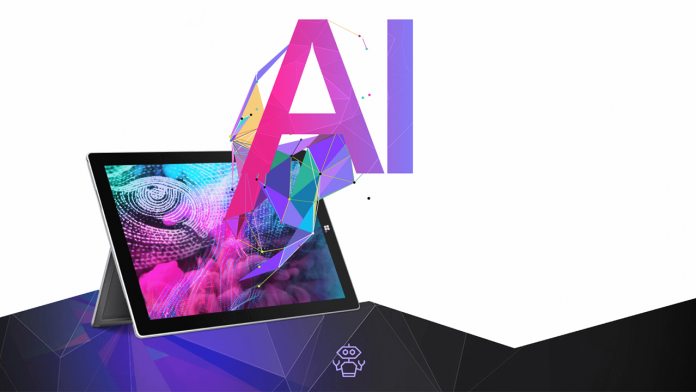Both companies made the declaration in 10-K forms discovered by Wired. 10-K forms are standardized papers that organizations must file each year. Created for investors, the documents give an overview of business and finance performance. Microsoft and Google both place AI under the “risk factors” section of their 10-K forms. After years of increasing AI capabilities, this is the first time the companies have recognized the business danger of AI: From Alphabet’s (Google parent) 10-K, filed last week: “[N]ew products and services, including those that incorporate or utilize artificial intelligence and machine learning, can raise new or exacerbate existing ethical, technological, legal, and other challenges, which may negatively affect our brands and demand for our products and services and adversely affect our revenues and operating results.” Microsoft’s 10-K, filed last August: “AI algorithms may be flawed. Datasets may be insufficient or contain biased information. Inappropriate or controversial data practices by Microsoft or others could impair the acceptance of AI solutions. These deficiencies could undermine the decisions, predictions, or analysis AI applications produce, subjecting us to competitive harm, legal liability, and brand or reputational harm. Some AI scenarios present ethical issues. If we enable or offer AI solutions that are controversial because of their impact on human rights, privacy, employment, or other social issues, we may experience brand or reputational harm.”
Problems
For even the casual observer, the risks of AI may seem obvious. Of course, Microsoft and Google are approaching this from a business perspective. AI that does something wrong could well cause problems in terms of growth, revenue, and other factors. Perhaps the important issue is why Microsoft and Google are only recognizing the risks now. As mentioned, both tech giants have been leading the development of AI solutions for a decade.




